Over half of the American population admits they have heartburn at one time or another. Many think heartburn is a nuisance, but a normal part of their life. Heartburn is a sign something is wrong, and antacids just cover up the symptoms while the source continues to painlessly cause damage to your health.
Treating symptoms with common heartburn medicines regularly put you at risk of contracting a serious intestinal infection caused by harmful bacteria known as Clostridium Difficile.
Clostridium Difficile (C.Diff) kills over 29,000 Americans each year, usually long-term antibiotics users.
Those taking heartburn medications tend to be more vulnerable to C Diff.
If you are taking these medications over a protracted period of time, the drugs may be covering up a more serious underlying issue with your GI system.
An advocacy group thinks over-the-counter drugs (OTC) should have a warning label, especially if they suppress symptoms. The group is petitioning the FDA to put warnings about esophageal cancer on every package of OTC heartburn medication.
The label would warn consumers that persistent heartburn carries a higher risk for esophageal cancer, and the medication doesn’t eliminate that risk even if it makes the symptoms go away. Under the proposal even old standbys like Tums and Mylanta would carry the warning.
Cancer of the esophagus (adenocarcinoma) grows aggressively, and its symptoms are not obvious until the tumors reach their later stages. Over the last 3 decades, the number of cases has risen 600%. Men have a higher risk than women. The five-year survival rates are poor; approximately 16,000 Americans die annually from this cancer. Few people know gastroesophageal reflux disease (GERD) can cause esophageal cancer.
Awareness Low
At the heart of the issue is many people have been taking these OTC medications for years and never tell their doctors about their reflux.
Data from a survey of 1,000 Americans revealed just 14% knew about the link between reflux and esophageal cancer. Less than half recognized other symptoms of reflux (difficulty swallowing, persistent hoarseness or sore throat).
Patients think the medications stop the reflux. This isn’t the case according to experts at Keck School of Medicine, in Los Angeles. If you have 100 episodes of reflux, medications relieve the symptoms, and you don’t feel it, but you still have 100 episodes of reflux. You mistakenly think your reflux is cured.
The problem has worsened since the newer generation of heartburn medications dropped the prescription requirements since 2003. The drugs are effective at relieving symptoms. Most patients have taken these medications for years (if not decades), and were unaware of the risk. A disease like esophageal cancer needs the warning because it often is asymptomatic until treatment is futile. All the more tragic because it is preventable. Balancing your gut bacteria will actually address the source of the problem.
Another factor behind the increase in adenocarcinomas of the esophagus is obesity. Previous articles have pointed out, your gut bacteria influence whether you can successfully trim unwanted pounds and maintain a healthy weight.
Our supplement Replenish911 is a safe natural method of reducing your heartburn episodes. In this case, when the pain goes away, it’s because the source of the problem (an imbalance in your gut bacteria) has been addressed, not just covered up.
Image courtesy of fotolia.com

 Cart
Cart


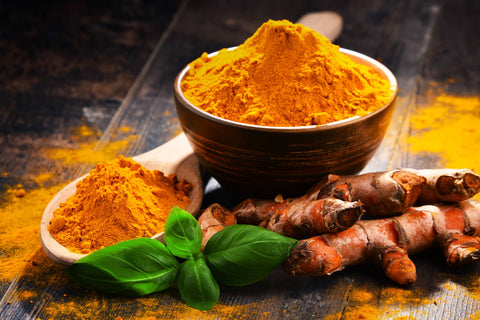

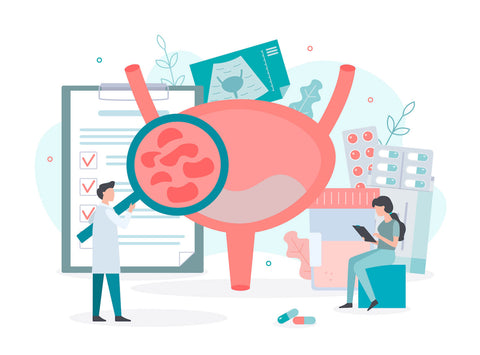



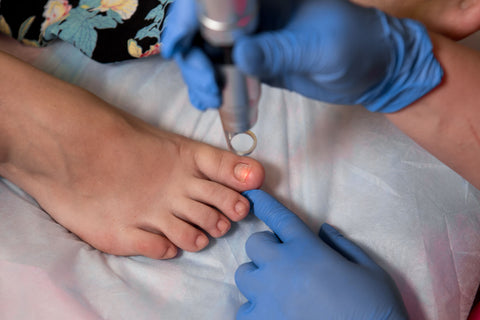
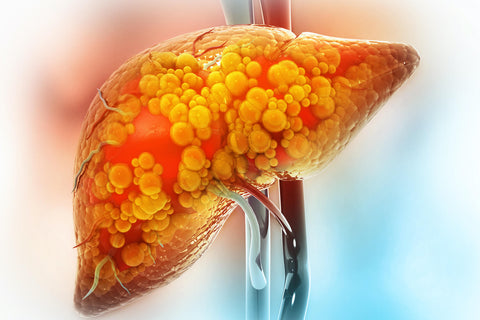
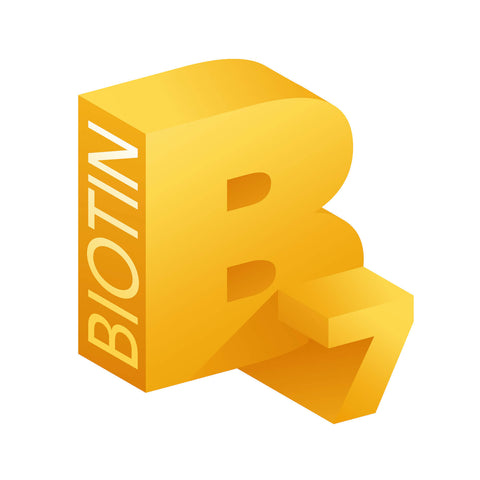




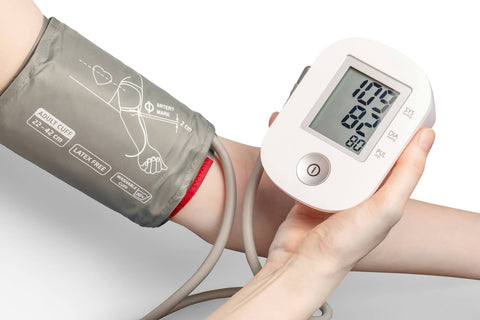

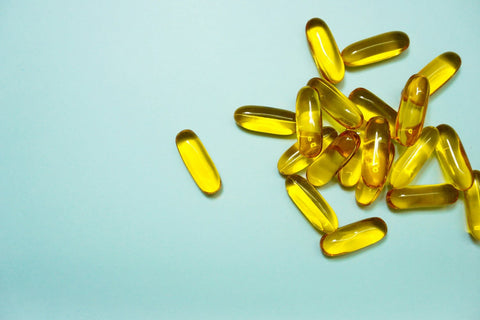
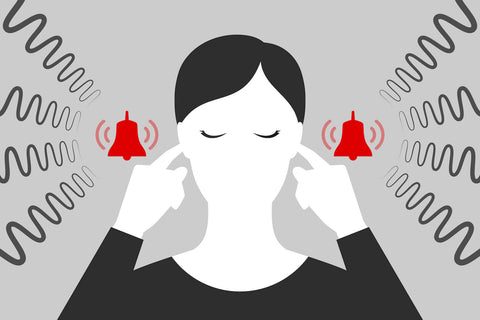



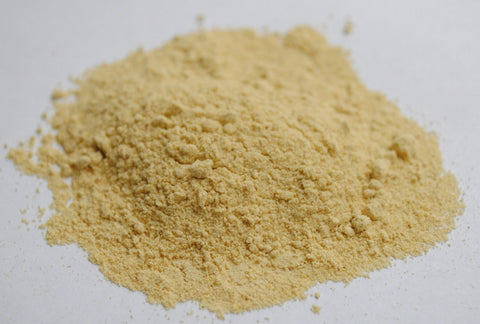
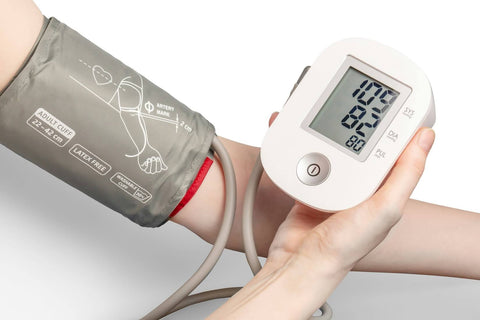
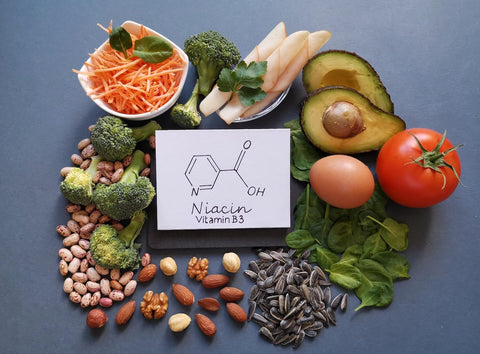

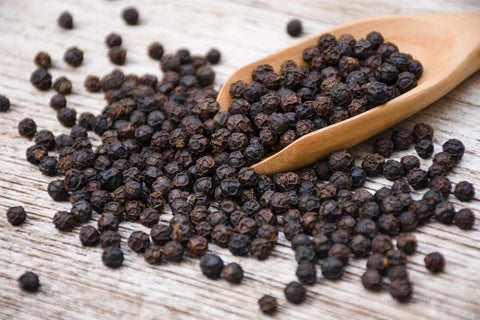

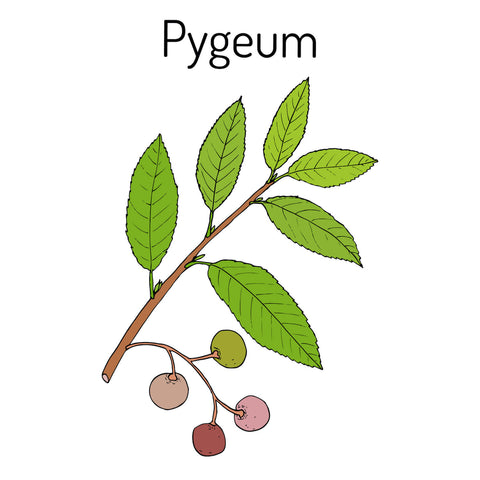


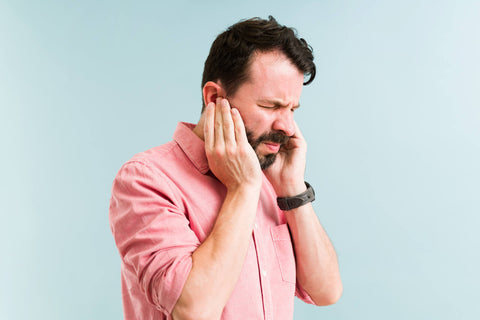





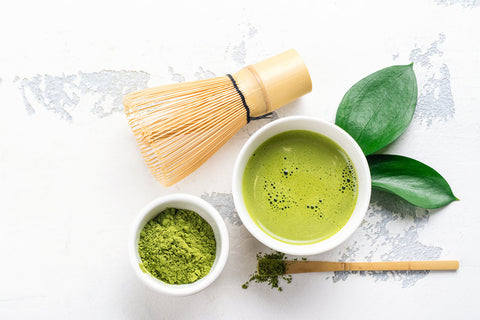














 1-800-822-5753
1-800-822-5753
